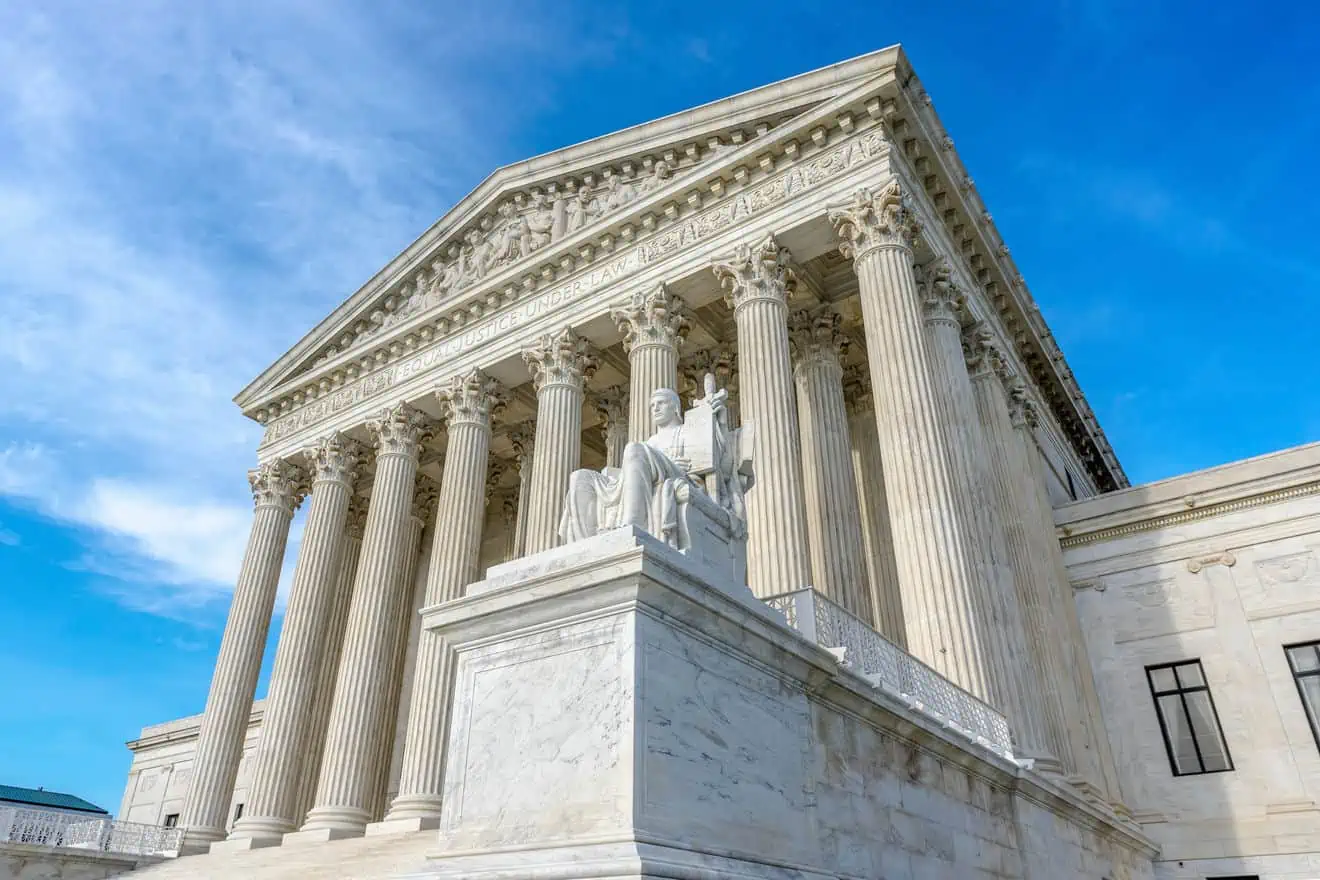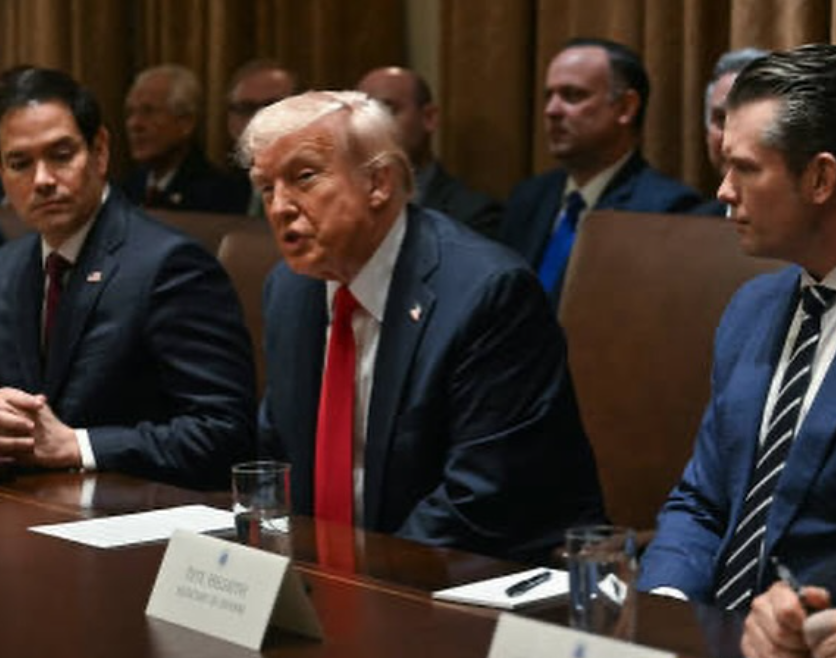[ad_1]
WASHINGTON (Reuters) – Republican senators struggled to gather more support for a last-ditch attempt to repeal Obamacare on Monday despite revising funding provisions of their bill to make it more attractive to a handful of undecided lawmakers.
The outcome remained in doubt with several senators in the party voicing concerns in recent days about the legislation to dismantle Democratic former President Barack Obama’s signature healthcare law.
In hopes of finding more backing, Republican senators leading the effort released a changed version of their bill that included a table showing some states where senators have been undecided, such as Alaska and Maine, would get more money.
For seven years, Republicans have hammered Obamacare, which extended health insurance to some 20 million Americans, as an unwarranted and costly government intrusion into healthcare, while also opposing taxes it imposed on the wealthy.
President Donald Trump made repealing Obamacare one of his top campaign promises in 2016. Democrats have fiercely defended it.
A Senate Finance Committee hearing on the healthcare legislation on Monday was disrupted by protesters chanting “No cuts for Medicaid, save our liberty.” Capitol Hill police removed the protesters, many in wheelchairs, from the hearing room.
A total of three Republican defections would kill off the latest anti-Obamacare effort. Republican Senators John McCain, Rand Paul and Ted Cruz have said in recent days they would vote no. Other senators such as Susan Collins and Lisa Murkowski have also voiced reservations.
A spokesman for Paul said on Monday the senator still opposes the latest version despite the tweaks. An aide for Cruz said on Monday that the Texas conservative still opposes the bill, The Hill reported.
SLIM MARGIN
Trump said there was little room for Republican wavering on healthcare.
“We have 52 senators, so you lose two, you’re out,” he told the Alabama-based “Rick and Bubba” radio program on Monday. “We don’t have much a margin. We don’t have any margin.”
Democratic leaders roundly rejected the revised draft of the repeal legislation as a sleight of hand to gain support.
The last attempt to repeal Obamacare fell one vote short in July, in a humiliating setback for Trump and Senate Majority Leader Mitch McConnell.
The new bill, originally introduced by Senators Lindsey Graham and Bill Cassidy, would take federal money spent on the Medicaid program for the poor and disabled, as well as subsidies to help Americans buy private insurance, and divvy it up to the states in block grants. Advocates say that would give states more discretion to manage their own healthcare schemes.
Opponents fear undoing Obamacare will mean millions lose healthcare, including some with pre-existing medical conditions.
U.S. hospital stocks were down across the board on Monday morning, in broadly bearish trading marketwide. Shares of HCA Healthcare Inc and Tenet Healthcare Corp were hit particularly hard, falling 2.8 percent and 5 percent, respectively, in afternoon trading.
“The Graham-Cassidy bill is looking to reduce funding for Medicaid in the longer term,” said Jefferies analyst Brian Tanquilut. “That is a benefit that we have seen improve the earnings outlooks for these hospitals.”
He said the bill could reduce the number of insured Americans, which would hurt hospitals’ bottom lines.
The two largest health insurer lobbying groups on Monday renewed their criticism of the bill, sending testimony to the Senate that it would destabilize the individual health insurance market and hurt consumers.
PAUL WANTS ‘SIGNIFICANT REASSESSMENT’
Paul, from Kentucky, said the Graham-Cassidy plan was still too similar to Obamacare. “My promise to the voters was to repeal Obamacare – not block grants and keep Obamacare,” Paul said in a statement. Only a “significant reassessment” of the “trillion-dollar spending regime” would get his support, he said.
Collins, a moderate from Maine, said on Sunday it was difficult to “envision a scenario where I would end up voting for this bill.” She worried about cuts to Medicaid benefits to the poor and disabled.
“Block grants threaten our lives. They have already turned down so much money in Texas,” said David Wittie, a 61-year-old man in a wheelchair from Austin, Texas, who was one of the protesters on Capitol Hill on Monday.
Graham suggested Republicans could have another shot at repealing Obamacare, even if they do not do it this week, if Senate leadership were to attach a repeal bill to a planned tax reform package.
That package was expected to be designated in 2018 for the once-per-year procedural advantage of being handled under the Senate’s 50-vote reconciliation process. Trying to combine the two would be highly unusual.
“If we fall short, then you just continue the effort in putting taxes and reconciliation together,” Graham told Reuters. “I think Congress can do two things at once.”
The non-partisan Congressional Budget Office is expected to produce as early as Monday a preliminary analysis of the bill that would assess its impact on budget deficits.
More time is likely needed for the CBO to gauge how the bill could affect Americans’ access to health insurance.
Reporting by Susan Cornwell and Richard Cowan; Additional reporting by Philip Stewart, Makini Brice and Alistair Bell in Washington and Caroline Humer in New York; Editing by Mary Milliken and Bill Trott
[ad_2]
Source link






Leave a Reply